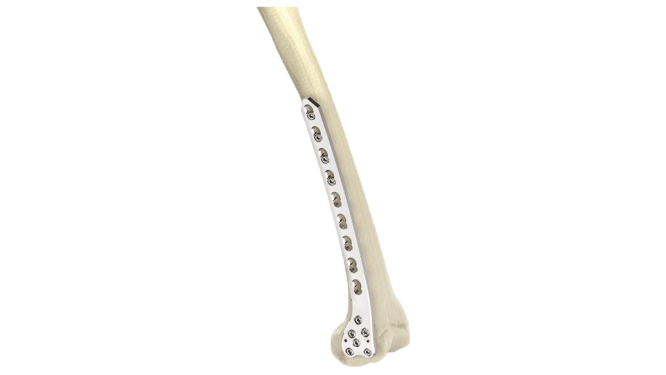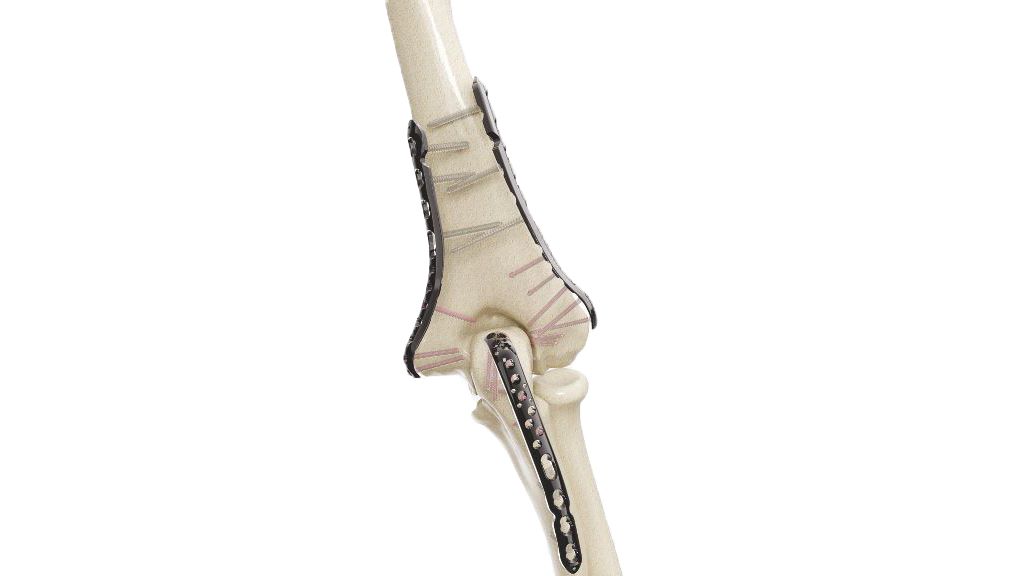Compact Hand Plates - 2.0 mm T-Adaption Locking
Product Overview
Introducing our state-of-the-art orthopedic implant, the Compact Hand Plates - 2.0 mm T-Adaption. Precision-engineered for excellence in hand surgery, this innovative implant delivers unrivaled stability and adaptability. With a specialized T-Adaption design, it ensures seamless integration with the hand's intricate anatomy. Crafted from high-quality materials, it exemplifies the latest advancements in orthopedic innovation. hoose the best for your patients—choose Compact Hand Plates for optimal hand function and healing.
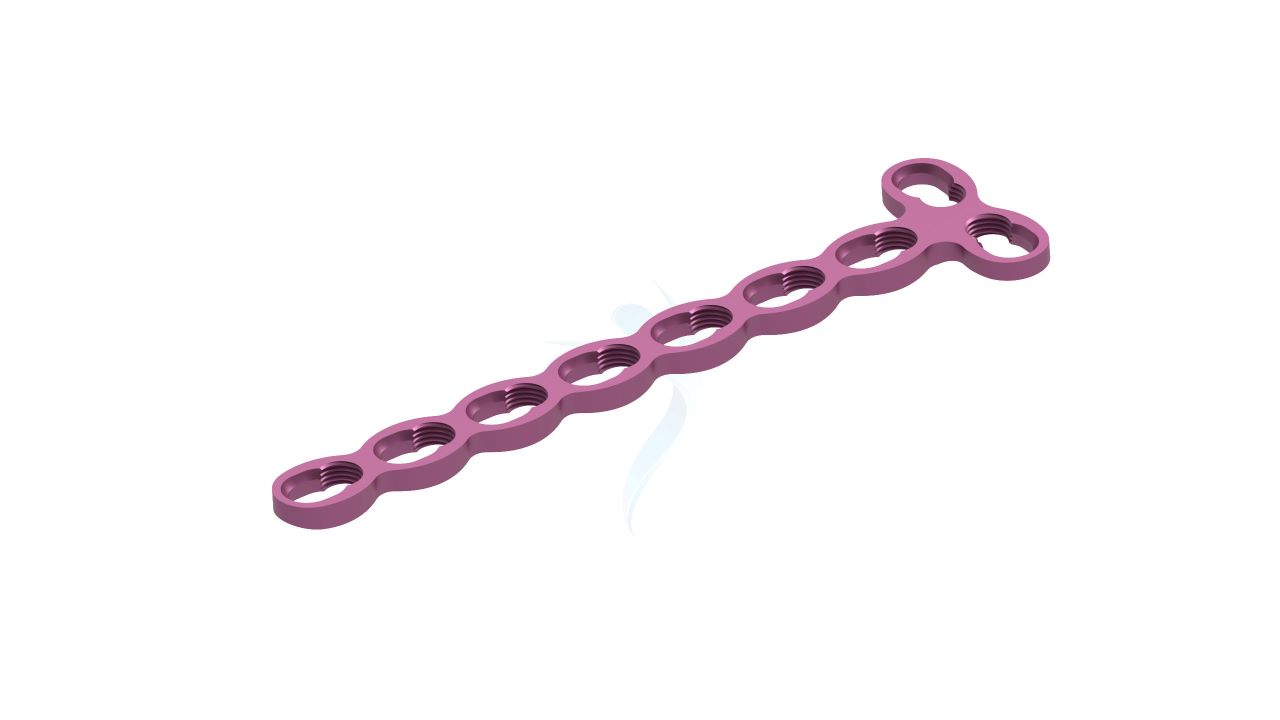
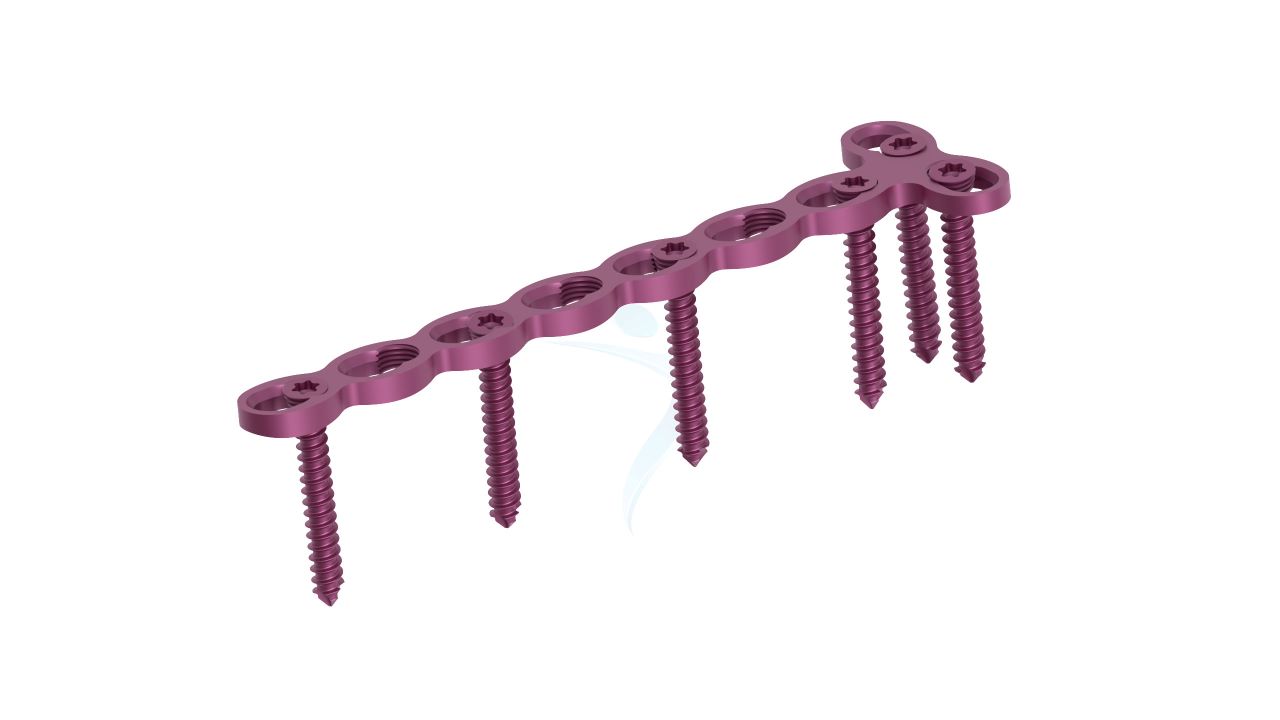
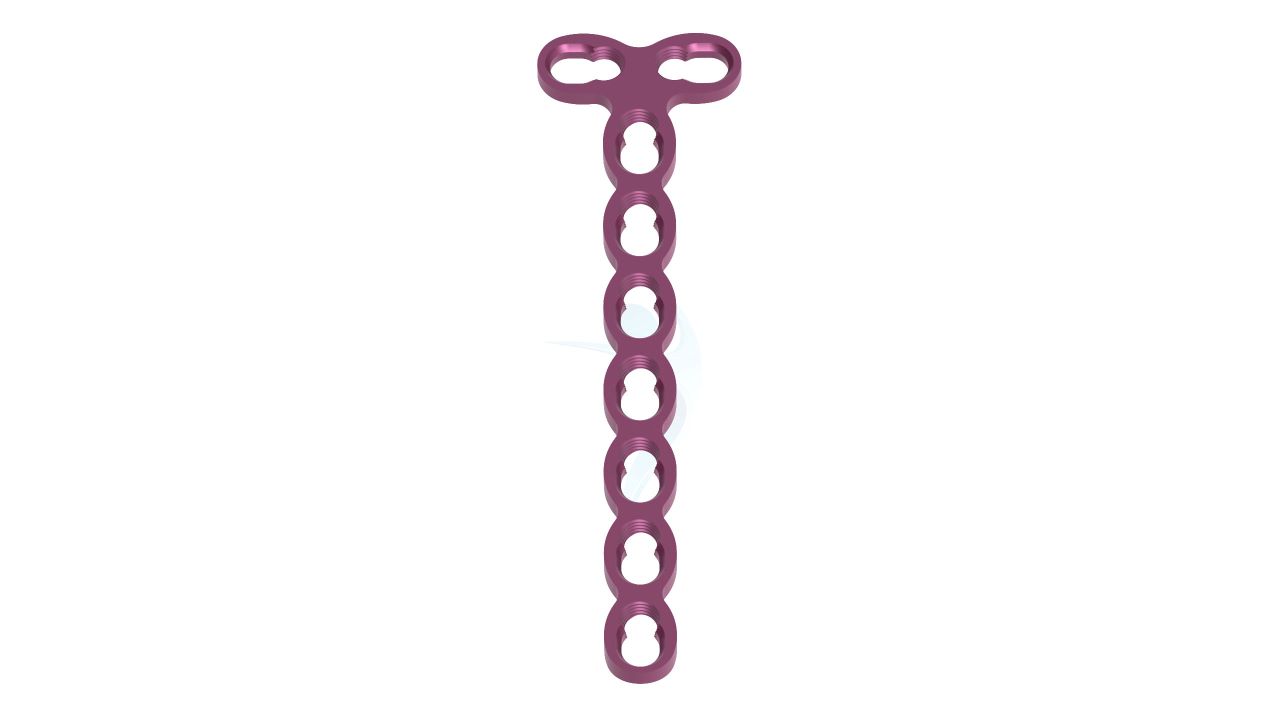
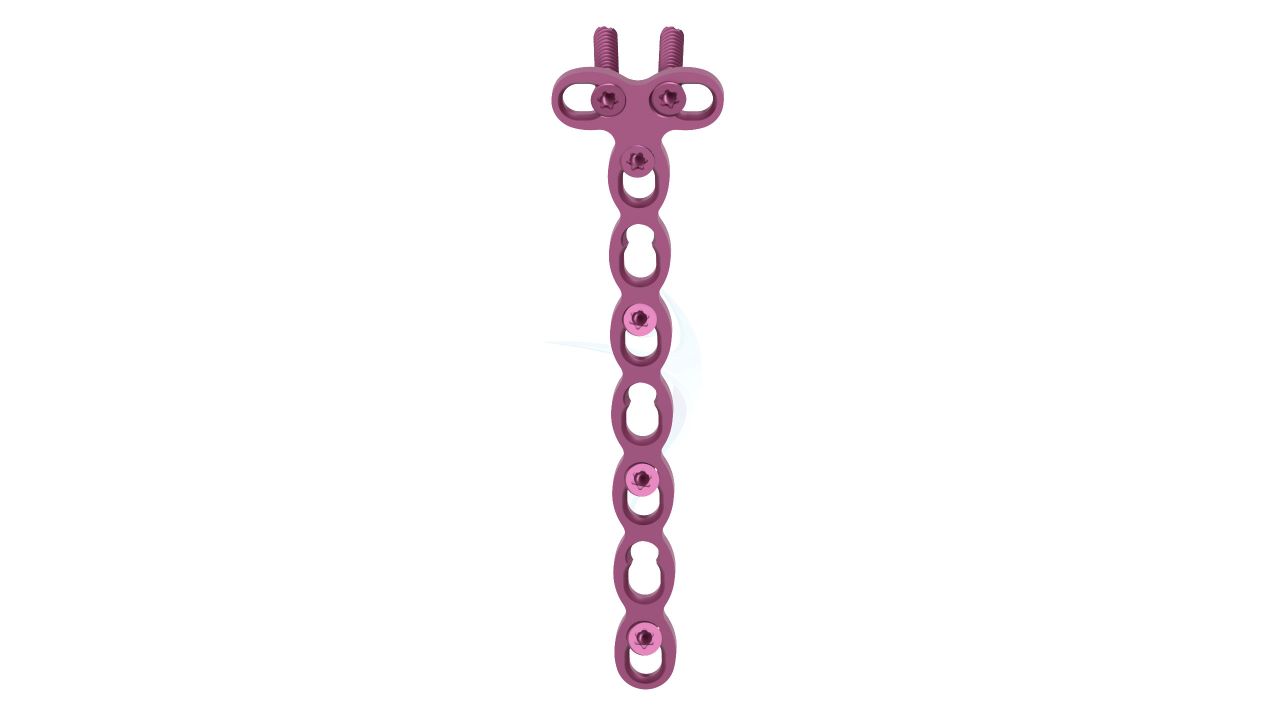
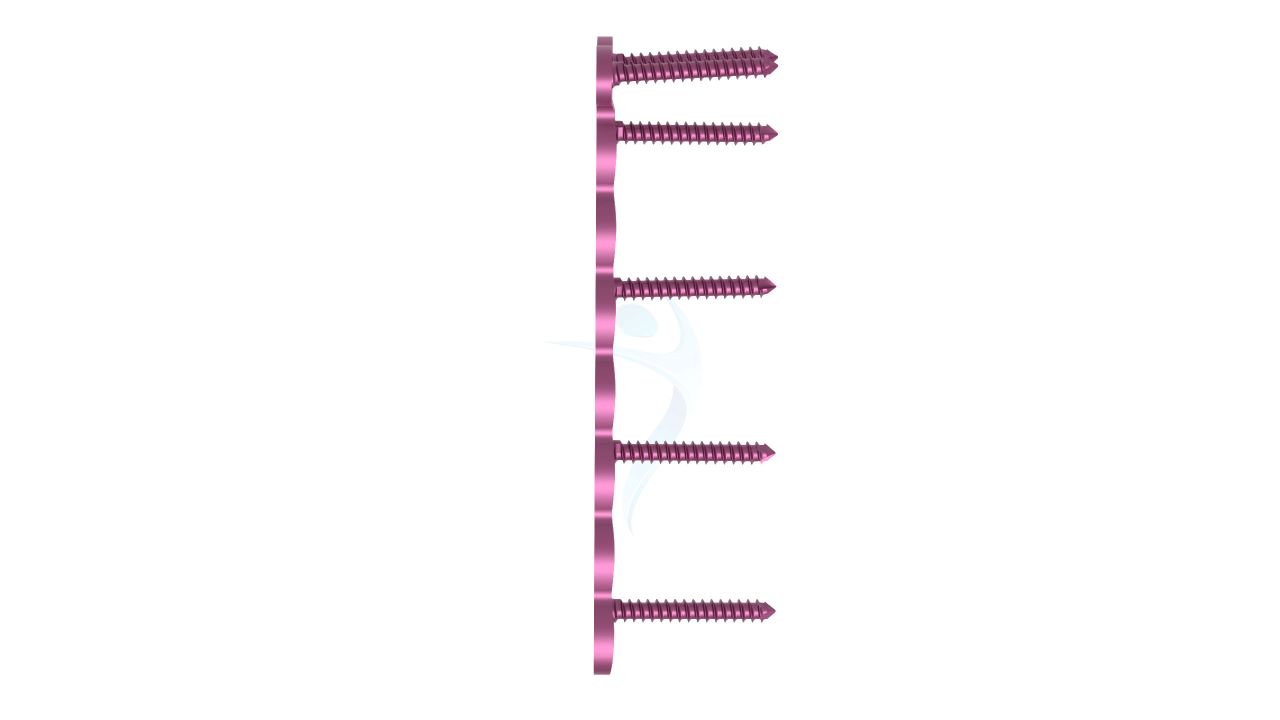
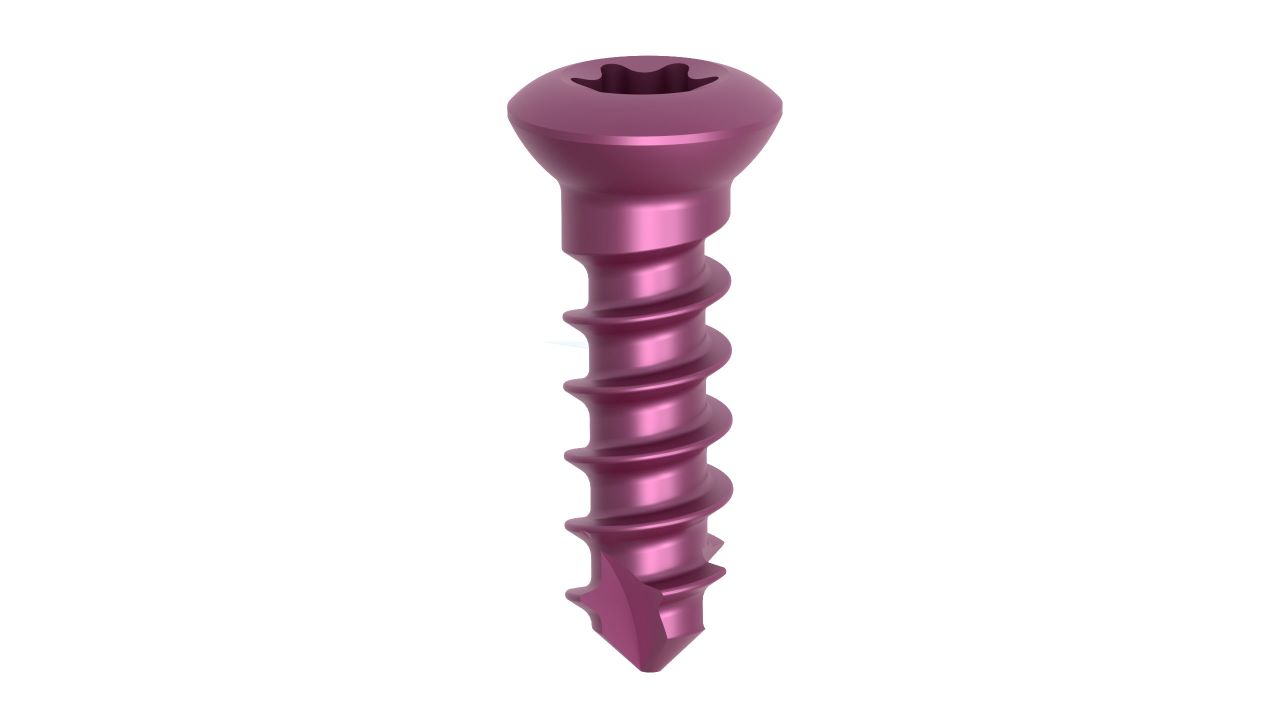
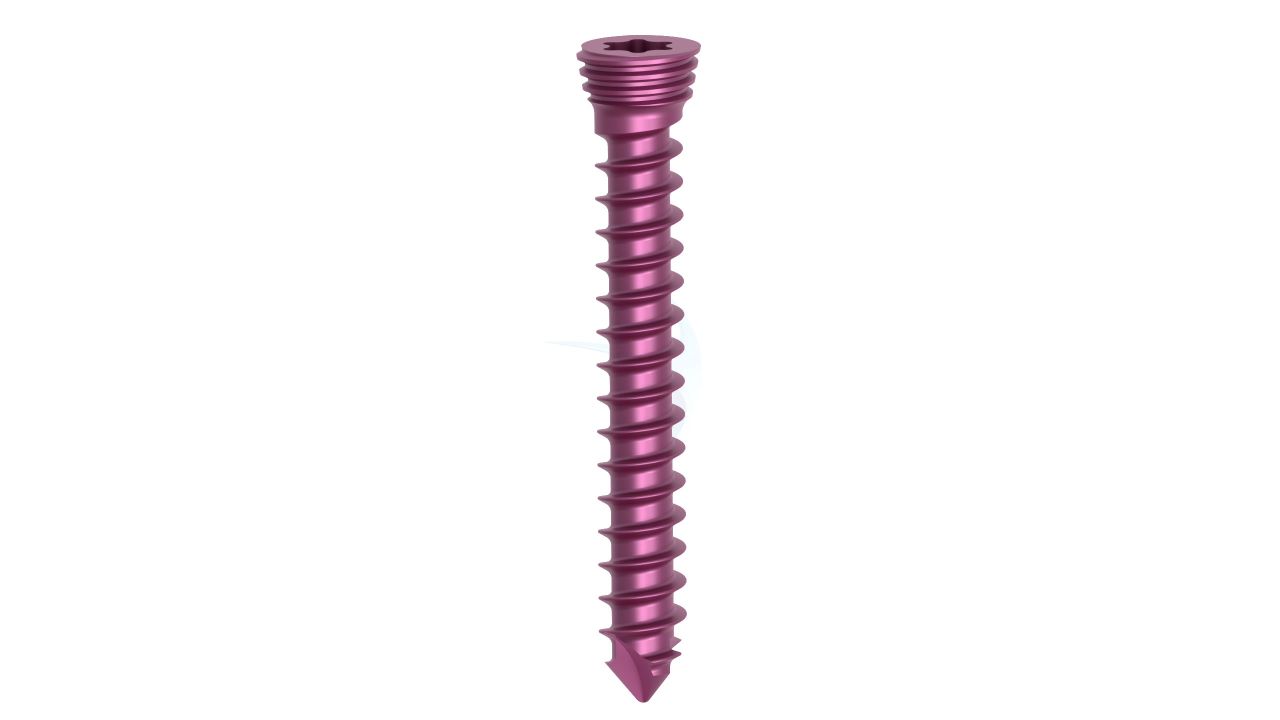
Product Uses
- Fracture Fixation : These plates are primarily used to stabilize and fixate hand fractures, ensuring proper alignment and healing.
- Bone Repair :They provide essential support for repairing bone defects, non-unions, and malunions in the hand, restoring structural integrity.
- Joint Fusion : Surgeons utilize these plates for joint fusion procedures, particularly in cases of degenerative joint diseases or post-traumatic joint instability.
- Reconstruction Surgery : They play a pivotal role in reconstructive surgeries for hand deformities, trauma, or congenital conditions, ensuring precise alignment and stability.
- Tendon and Ligament Repair : The plates can reinforce tendon and ligament repairs, enhancing the strength and integrity of the repair site.
Product Specification
- Size : The plates have a width of 2.0mm, providing strength and stability while accommodating the intricate structures of the hand.
- Material : Constructed from high-quality medical-grade titanium alloy, known for its biocompatibility, corrosion resistance, and strength.
- Plate Design : The plates feature a specialized T-Adaption design, allowing for seamless integration with the hand's complex anatomy.
- Thickness : The plates are designed to have a low profile while maintaining structural integrity, contributing to minimally invasive surgical techniques.
- T - Adaption Design :The specialized T-Adaption design enhances the plates' compatibility with the hand's anatomy, ensuring a secure fit and stability.
- Screw Compatibility : Compatible with orthopedic screws of matching dimensions (2.0mm) for secure fixation.
Compact Hand Plates - 2.0 mm T-Adaption Sizes
Comprehensive Guide for Compact Hand Plates 2.0 mm T-Adaption
- Patient Evaluation : The surgeon conducts a thorough evaluation of the patient's medical history, including any underlying medical conditions, allergies, or previous surgeries.
- Imaging : X-rays, CT scans, or other diagnostic imaging studies are ordered to provide detailed information about the hand's anatomy, the nature of the injury or condition, and the exact location of the planned surgery.
- Medical Clearance:If the patient has underlying medical conditions, they may be required to obtain medical clearance from their primary care physician or specialists to ensure they are fit for surgery.
- Surgical Planning : The surgeon reviews the imaging results to determine the precise location for incisions and the placement of the "Compact Hand Plates - 2.0 mm T-Adaption" based on the patient's unique anatomy and the nature of the hand issue.
- Informed Consent : The surgeon thoroughly discusses the surgical procedure, including potential risks, benefits, and expected outcomes, with the patient. Informed consent is obtained, indicating the patient's understanding and agreement to proceed with surgery.
- Anesthesia Evaluation : An anesthesia consultation may be conducted to determine the most suitable anesthesia approach for the patient (local, regional, or general anesthesia). This decision is based on the patient's medical history and the surgical procedure's complexity.
- Patient Positioning : The patient is positioned on the operating table with the affected hand accessible and exposed within a sterile field.
- Incision : A carefully planned incision is made over the area of the hand requiring surgery. The incision's length and location depend on the specific condition and surgical approach.
- Fracture Reduction or Reconstruction : The surgeon manipulates and reduces fractures or performs reconstructive procedures as needed, ensuring proper alignment.
- Plate Placement : The "Compact Hand Plates - 2.0 mm T-Adaption" are positioned over the fracture or surgical site. The surgeon selects the appropriate holes for screw placement to achieve stable fixation and alignment.
- Screw Fixation : Orthopedic screws, matching the plate's dimensions (2.0mm), are inserted through the plate's T-Adaption design and into the bone to secure the plate in place.
- Wound Closure : The incision is meticulously closed using sutures or staples, ensuring a clean and infection-free wound closure.
- Recovery Room : The patient is monitored in the recovery room to ensure stable vital signs and the absence of immediate post-operative complications.
- Pain Management : Pain management protocols are initiated as needed to keep the patient comfortable.
- Physical Therapy :Depending on the surgeon's recommendations, physical therapy and rehabilitation exercises may be initiated to promote hand mobility, strength, and function.
- Follow-Up Appointments :The patient is scheduled for follow-up appointments with the surgeon to monitor the healing process, remove sutures or staples, and assess overall recovery.
- X-ray Monitoring : Regular X-rays are taken to evaluate bone healing, the position of the implant, and the progress of hand recovery.


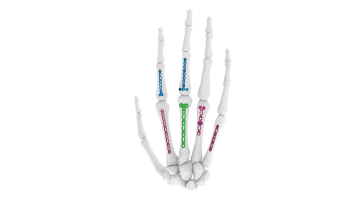
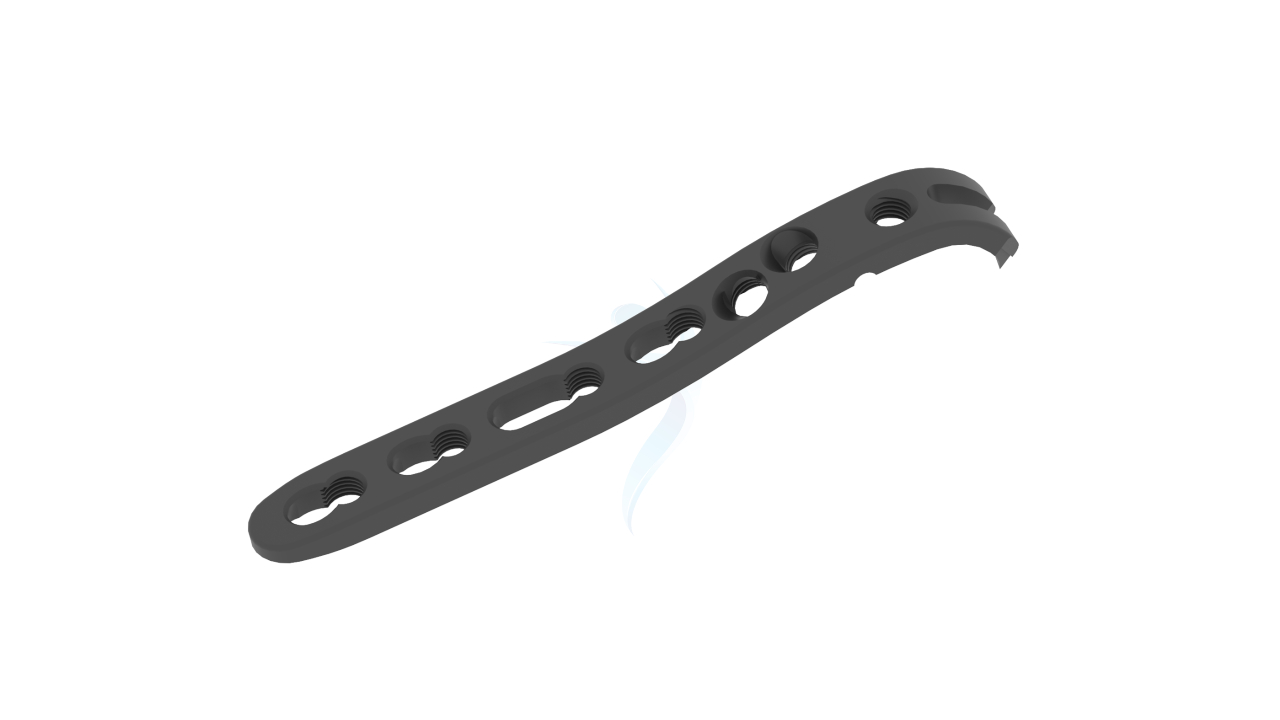
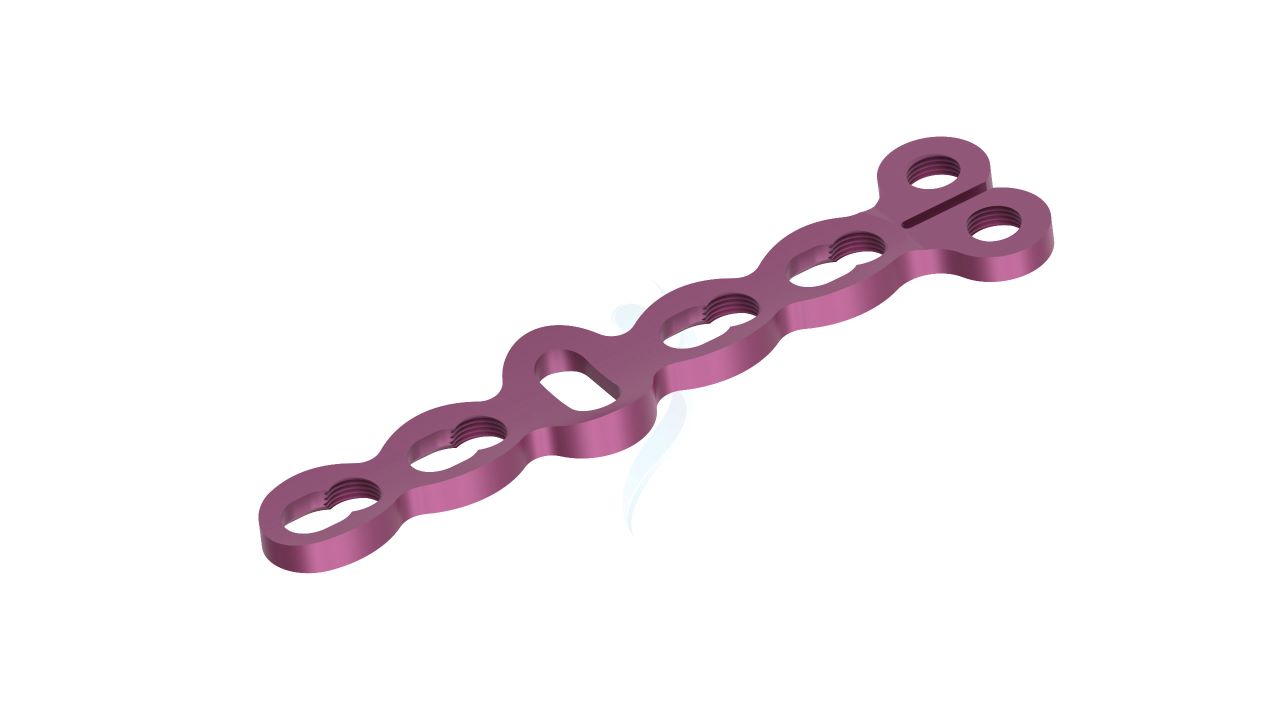
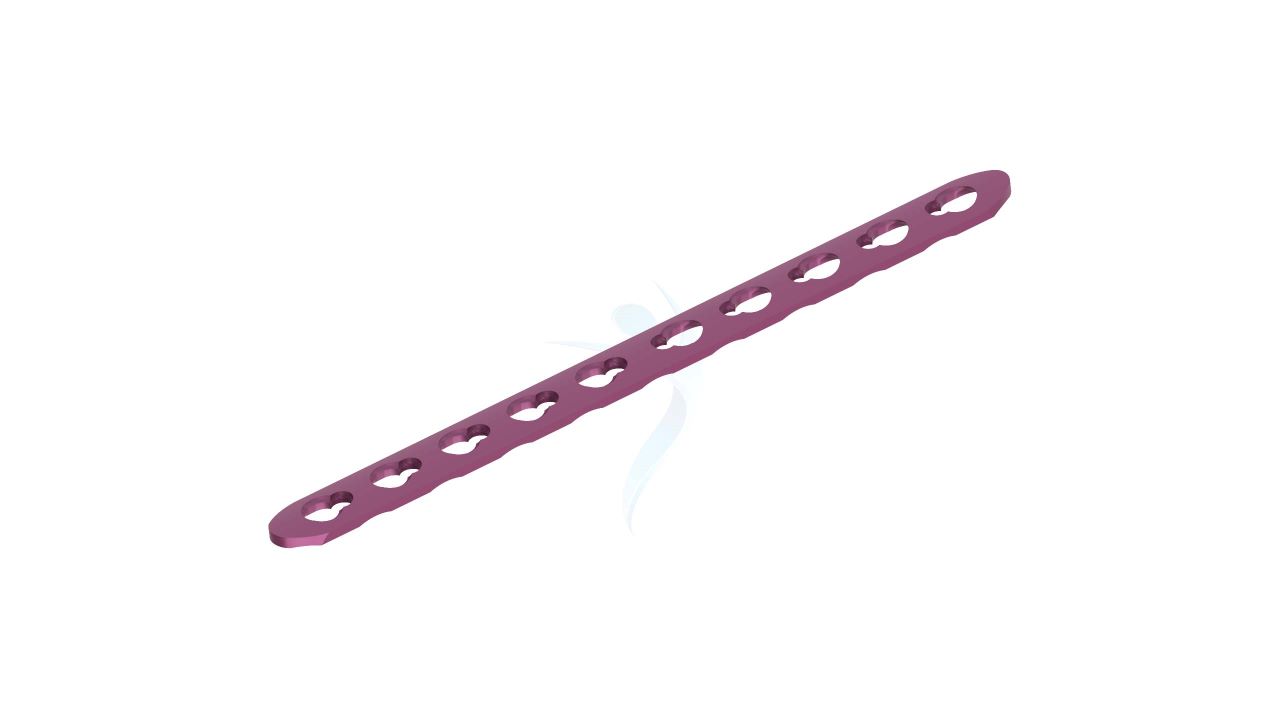
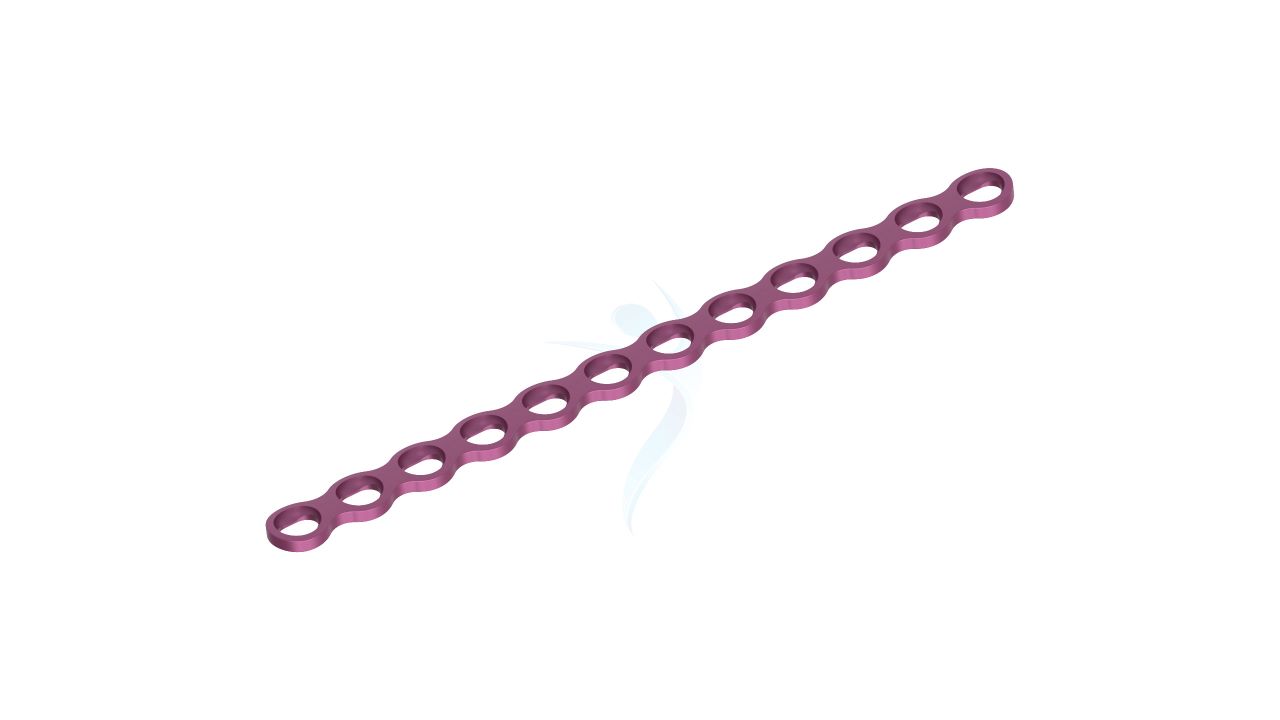
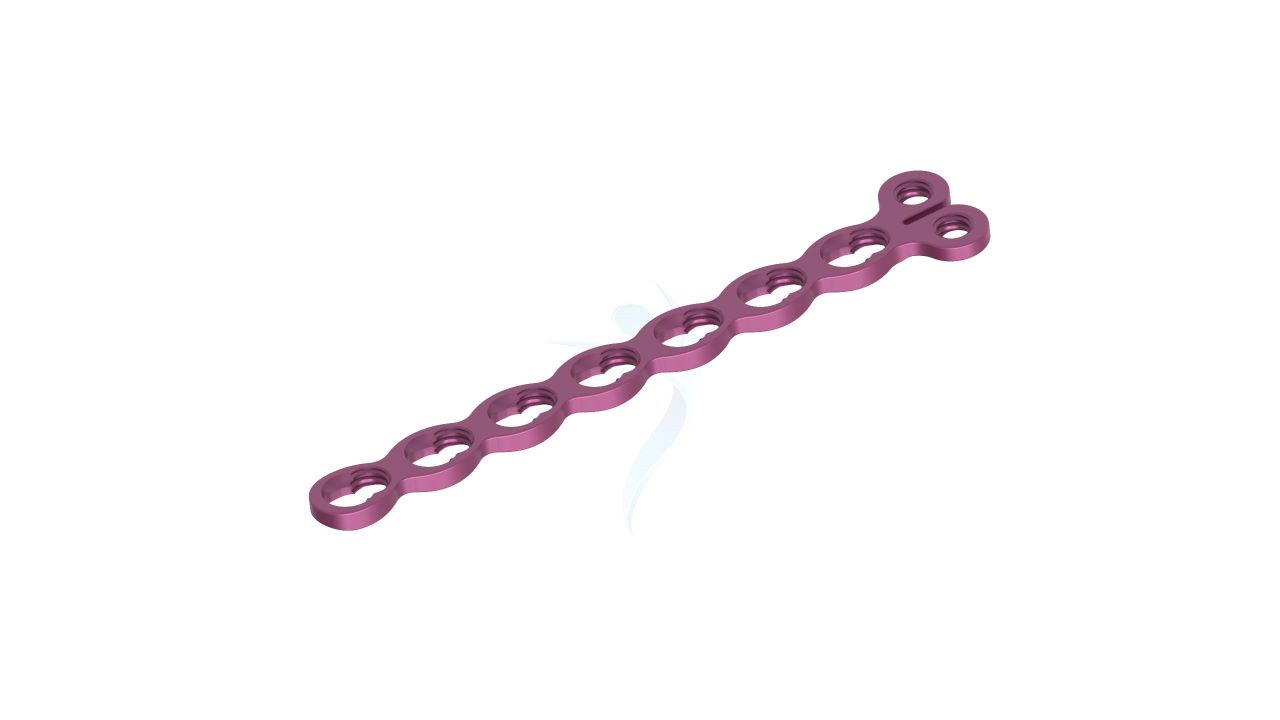
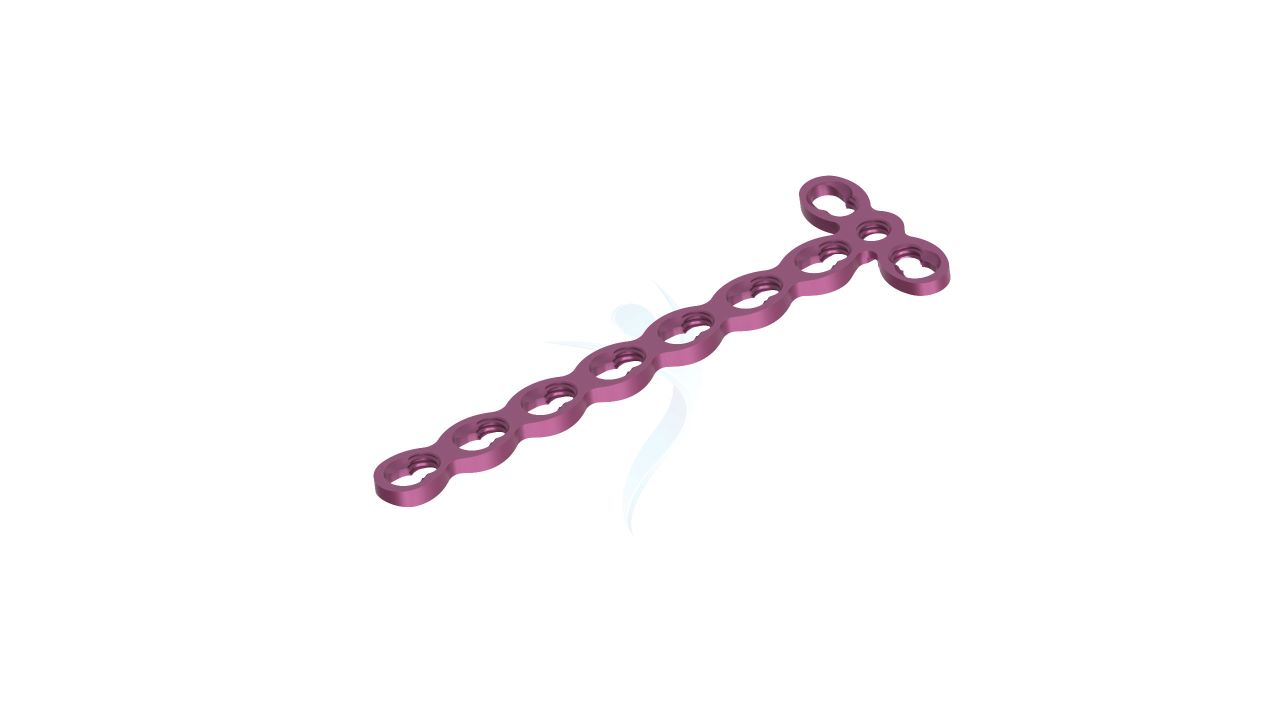
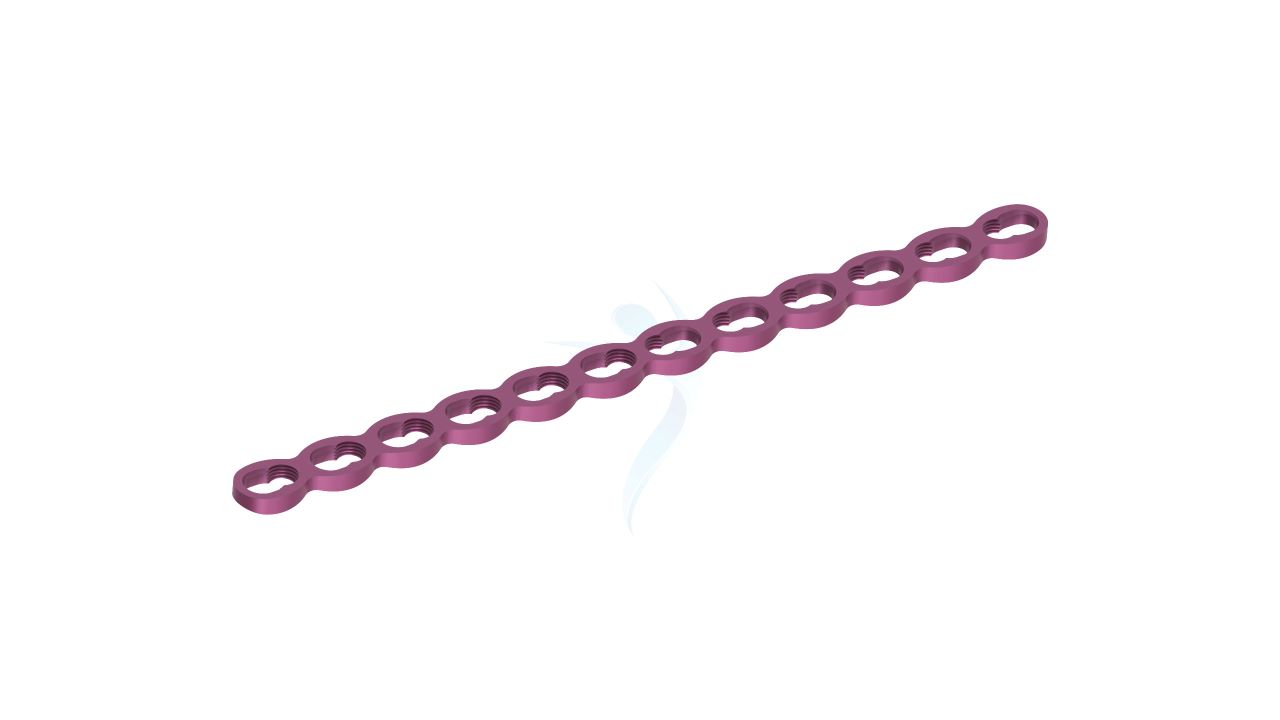
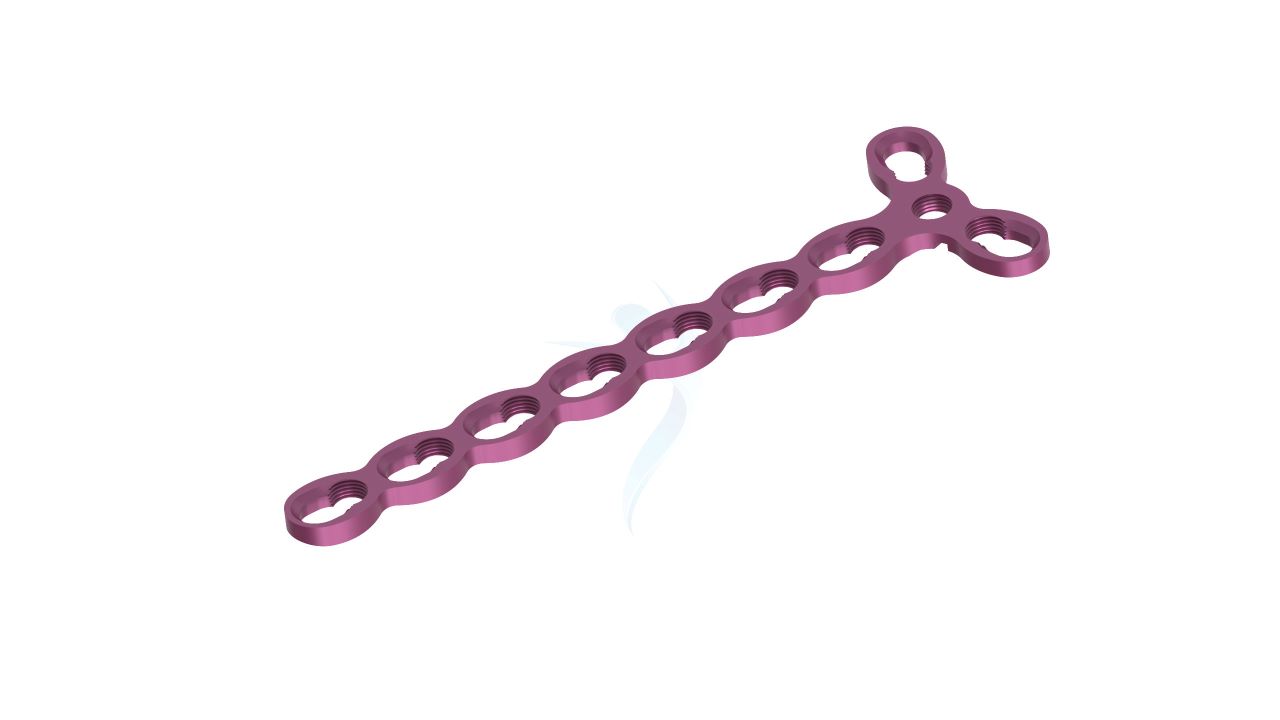
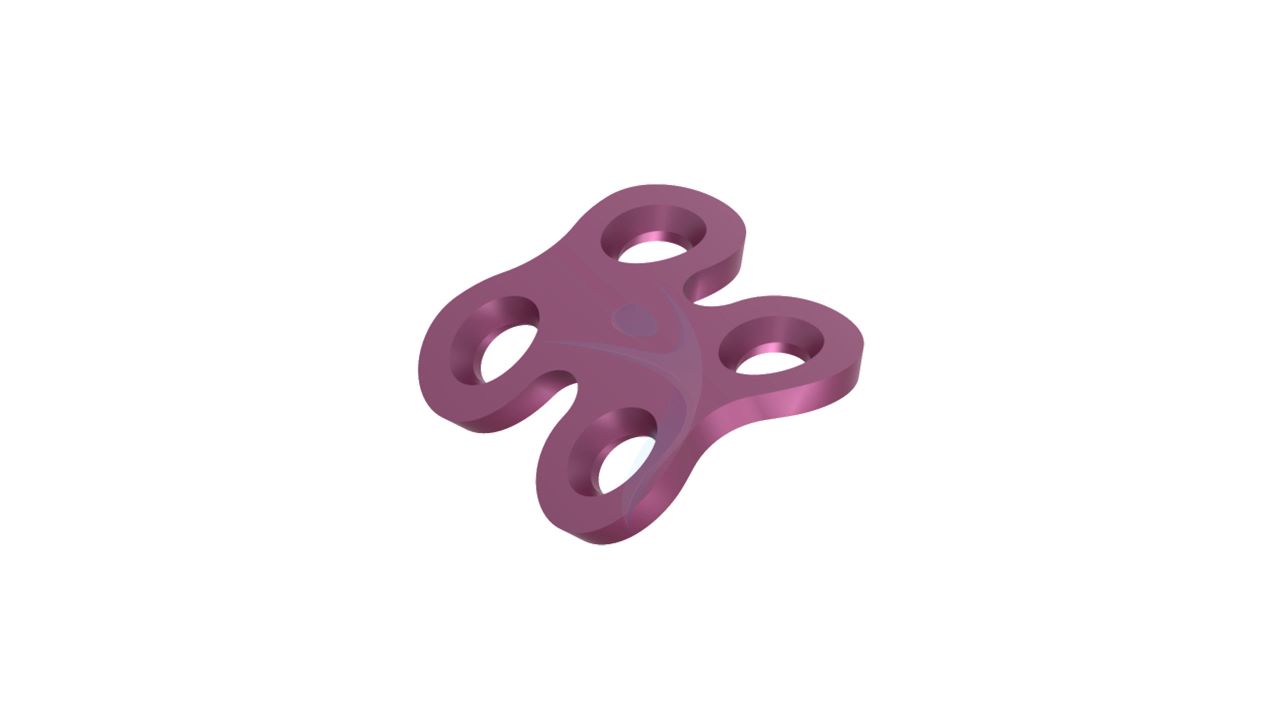

.png)

